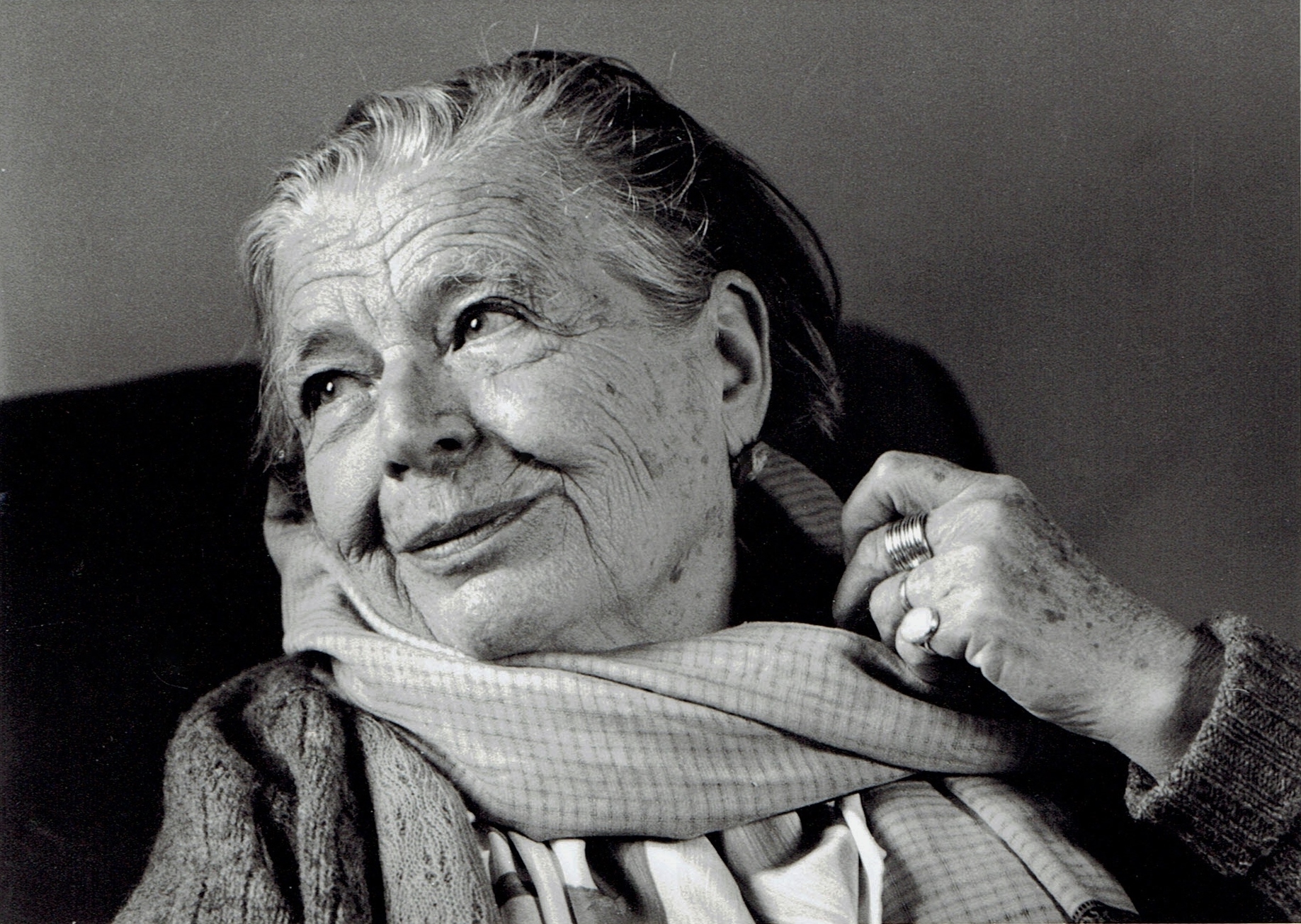Marguerite Yourcenar: Idézetek angolul
Des moments libres. Toute vie bien réglée a les siens, et qui ne sait pas les provoquer ne sait pas vivre.
Forrás: Memoirs of Hadrian (1951), p. 43
il [Zénon] savait fort bien qu'il n'existe aucun accommodement durable entre ceux qui cherchent, pèsent, dissèquent, et s'honorent d'être capables de penser demain autrement qu'aujourd'hui, et ceux qui croient ou affirment croire, et obligent sous peine de mort leurs semblables à en faire autant.
The Indictment, p. 317
The Abyss (1968)
La lettre écrite m'a enseigné à écouter la voix humaine, tout comme les grandes attitudes immobiles des statues m'ont appris à apprécier les gestes.
Forrás: Memoirs of Hadrian (1951), p. 21
“Who would be so besotted as to die without having made at least the round of this, his prison?”
Qui serait assez insensé pour mourir sans avoir fait au moins le tour de sa prison?
The Highroad, p. 11
The Abyss (1968)
Il y a plus d'une sagesse, et toutes sont nécessaires au monde; il n'est pas mauvais qu'elles alternent.
Forrás: Memoirs of Hadrian (1951), p. 270
“All would have transformed us if we had the courage to be what we are.”
Tous nous serions transformés si nous avions le courage d'être ce que nous sommes.
Alexis (1929)
